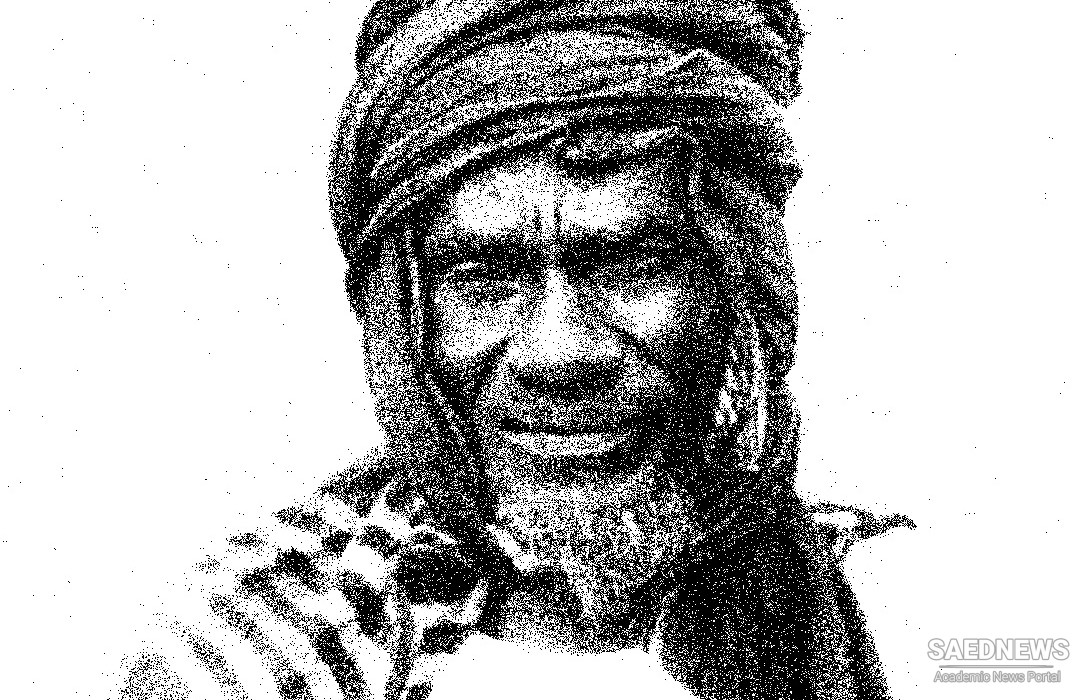Described as African Napoleon, Samory Toure built a Muslim empire fighting off the French colonisation of West Africa in the 19th Century. Toure's rise is one of the inspiring examples of resistance in times of the Trans Atlantic Slave Trade, which heavily influenced West Africa between the 19th and early 20th centuries. Born in present day Guinea in 1830s, his father was a trader and Toure followed in his footsteps at the age of 15. During these years, he contacted many Islamic scholars and applied the model of Islamic finance to his trading business. In 1853, his life took a major turn with the kidnapping of his mother by the leader of the powerful Cisse clan. To save her, he quit trading and signed up to be a personal slave of the clan leader, his mother's captor, serving him for seven years, seven months and seven days. His mother was eventually released for his work as a slave. While learning the Quran and increasing his knowledge in Islamic education, he also acquired military skills. He took part in several campaigns under the command of local clan chiefs. By 1855, Toure returned to his native place and in the next six years he gathered volunteers from the Camara clan. He gave them both military training and Islamic education. In the following years, he became the most powerful military and political leader in the Milo region. He promoted his friends and relatives to various leadership positions in his army.His military prowess contributed to his expansion from Bamako, Mali, in the north, to the frontiers of Sierra Leone, the Ivory Coast, and Liberia in the east and south. In the 1880s he divided his lands into 162 counties and placed his relatives at the top. He made Islamic scholars advisors to the government officials. In 1884, he took the title of Almami, meaning the religious head of a Muslim empire (Source: TRT).



 Rising Against Despotic European Colonialism in Africa
Rising Against Despotic European Colonialism in Africa














































